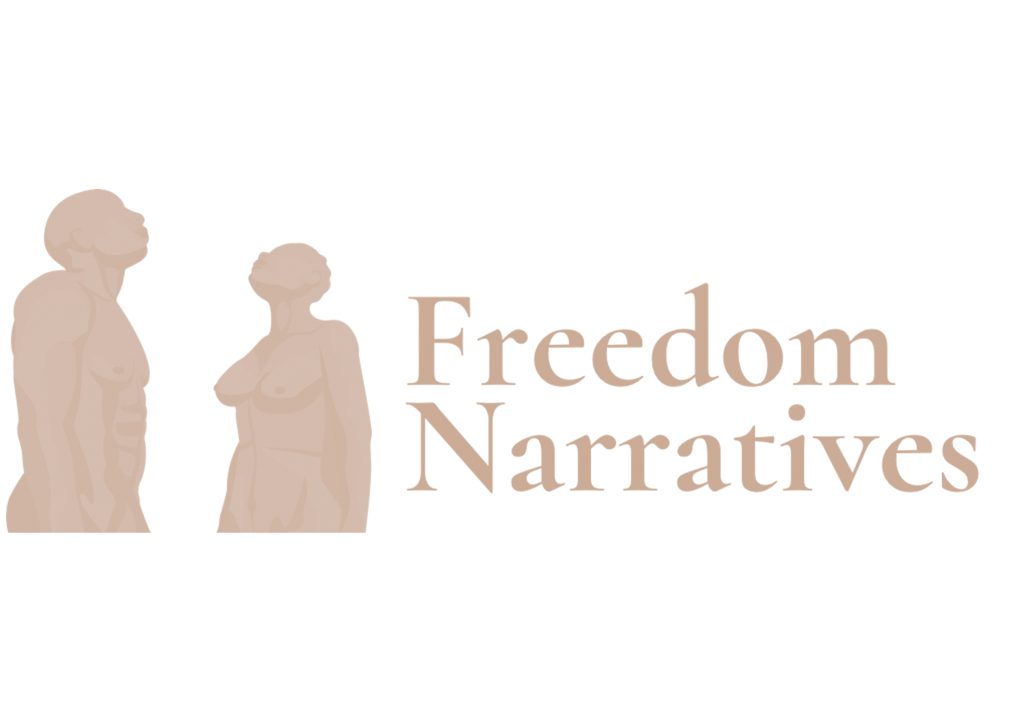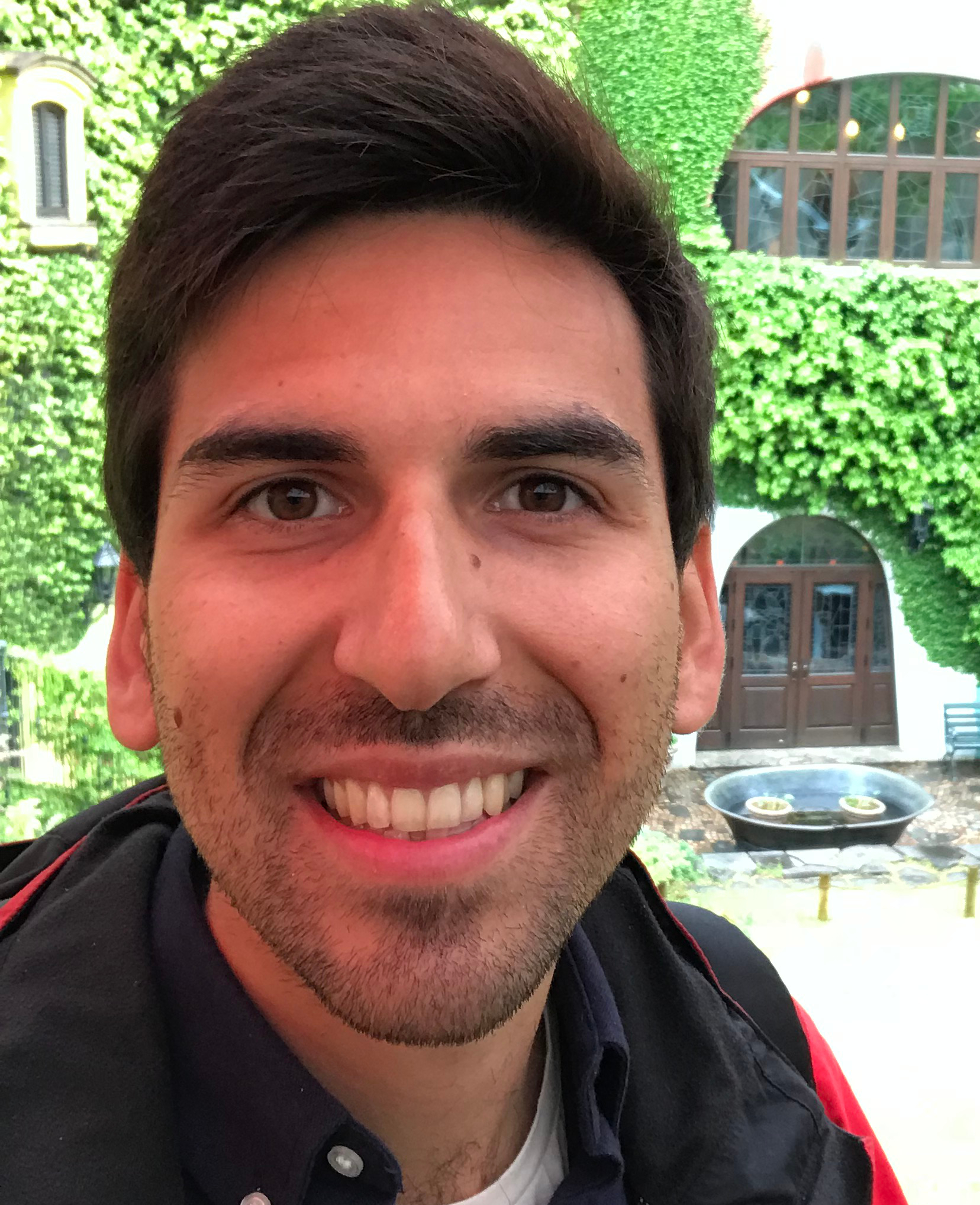Freedom Narratives
Posted in 1700-1799, 1800-1899, 2020-2029, Pre-1700, Strandlines and tagged with 16th century, 17th century, 18th century, 19th Century, Freedom Narratives, West Africa

The Freedom Narratives project is an open-source digital repository that includes biographical accounts of individuals born in Africa between the sixteenth and the nineteenth centuries. This mostly comprises people who were born free but later became enslaved and who many times regained their freedom later in life.
This project contributes in original ways to the recognition and reclamation of the personhood of enslaved people, in a period where more than 12.5 million people experienced the traumatic reality of the transatlantic slave trade. Freedom Narratives allows us to answer the question: Who were they?
In doing the above, Freedom Narratives reconceptualises traditional ‘slave narratives’ by shifting the focus from slavery to freedom as the fundamental experience of Africans during this period and is the underpinning principle of the project’s methodology.
This shift reflects the unique experience of those born in Africa and who endured long journeys in caravan or boat in the African continent and across the Atlantic (‘The Middle Passage’) in contrast to those born in the diaspora who were subjugated at birth.
Historical sources
There was a belief among historians that these narratives would be very difficult, even impossible, to uncover due to a lack of quality sources (Melek Delgado, 2021).
To overcome this, a broad set of sources are used to reconstruct these narratives such as: autobiographies, interviews, sketches, runaway advertisements, ship logs, colonial administrative books, court papers; registers of baptism, marriage, death and more.
An example of a reconstructed biography, adapted for Strandlines, is the story of Dorugu, shown below in audio format, accompanied by images of himself or aspects of his life.
In working with slavery sources, it is fundamental to address the bias behind them and question the historian’s methods when approaching large databases of information and move beyond their dehumanising impulses. In other words, a new methodology is necessary to overcome this, one that does not undermine the humans behind the data.
Therefore, a user-friendly and iterative design methodology was employed to create an intuitive web interface that can: visually represent life event locations, include profile details such as ethnoyms/languages, have digital copies of original sources and include a short historical narrative.
Best Practices
‘Best Practices‘ were developed to assist users to search for information in the digital repository. At the core of these practices are the ‘controlled vocabularies‘ that have been conceived and created in 4 languages (English, French, Portuguese and Spanish).
Controlled vocabulary examples can be simple, ‘Male/ Female’, they can be more contextual, ‘Age Category’ or they can be complex such as ‘Ethnonym/Language’.
The controlled vocabulary becomes especially important when there are problems interpreting information. For example, a person’s age could be unclear due to differences between the sources or they may only describe their height.
Therefore, applying the Freedom Narratives controlled vocabulary, a person can be an ‘Infant’, a ‘Child’, an ‘Adult’, or an ‘Old Person’ in the ‘Age Category’: where a Child is anyone between the ages of 3 and 13.
The above is illustrated in the reconstructed biographical account of Dada and Bosseo, adapted for Strandlines.
Materials that appear in these videos and in Freedom Narratives come from, or, are also available in other websites, that also focus on this historical time period such as liberatedafricans.org, languageofmarks.org, Le Marronage dans le Monde Atlantic, slavesocieties.org and more.
In contrast to many projects addressing this area of history, Freedom Narratives does not use the concept of surnames when categorising individual’s profiles.
As a Eurocentric concept, rooted in Judeo-Christian tradition, surnames only appeared in Africa after their conversion to Christianity and therefore do not reflect the reality of most people within Freedom Narratives.
In the case of Muslim Africans, using surnames would be incongruent with Muslim naming practices and could lead to misnaming individuals. Therefore, all names and variants are searchable without distinction of ‘First Name’ or ‘Last Name’.
Project Intention and Team
The driving intention behind this project is to enable the analysis at a micro and macro level of the historical tragedy that was responsible for the demographic, cultural and social transformation of the African and American continents.
This is important, because ignoring it or trying to forget it means,’’ … we’re doomed to continue to live in a racist society that will continue to find ways to reinvent racism,” explains Professor Paul Lovejoy (Mueller, 2017).
In order to do this, a diverse team of Historians, Visual Designers and Computer Programmers work together, along with Contributors who publish their research in Freedom Narratives.
Led by the Project’s Directors Professor Paul Lovejoy from York University (Canada), and Dr. Erika Melek Delgado from King’s College London. They examine all materials and metadata that are presented to the website, although when differences in opinion and interpretation arise, discussions among experts in the collaborating team are held to reach a consensus.
Due to challenges from the Covid-19 pandemic the website is not fully available and will re-launch in the first half of 2022.
In the video below, Dr. Erika Melek Delgado talks in more depth about Freedom Narratives’ journey, its methodology and developments.
As an innovative project in the organisation and access to people’s lives caught in the net of slavery and the slave trade, Freedom Narratives looks to associate with researchers around the world to take part in the construction of the repository.
Those who collaborate are associated with the individual, whose data has been entered, with their own name. Where large amounts of information, identified as a ‘collection’ in Freedom Narratives are shared by a collaborator; a dedicated space in the repository is created along with an introduction.
Dr. Melek Delgado can be contacted through: [email protected]
Conclusion
Bringing this project to life is a culmination of decades of research, understanding and work and still requires many more years of work to bring its full potential to fruition.
In a time when we are reflecting and acting upon our world history, inspired by movements like ‘Black Lives Matter’, learning the stories from people whose voices were silenced is a significant step in understanding our present world while correcting past injustices.
Bibliography and Further Reading
François Laby, A., 1784–1860, Freetown, Sierra Leone, ca. 1850. Paul Mellon Collection [Online]Accesible at: https://collections.britishart.yale.edu/vufind/Record/3660046
Kirk-Greene, A. and Newman, P. (1971) West African Travels and Adventures: Two Autobiographical Narratives from Northern Nigeria. Yale: Yale University Press.
Melek Delgado, Erika (2021) ‘Freedom Narratives: The West African Person as the Central Focus for a Digital Humanities Database’. History in Africa. Vol. 0 pp. 1-25
Mueller, M. (2017), ‘ Project offers first-hand narratives of those in slave trade‘ Available at: https://www.yorku.ca/research/category/news/2017/05/project-offers-first-hand-narratives-of-those-in-slave-trade/
Sierra Leone Public Archives, Liberated African Register 25423 – 30708, 1827-1829.
Sierra Leone Public Archives, Liberated African Department Statement of Disposals, Vessel Conceição de Maria, 1821-1833.
Winkler, Julia ( 2009) ‘Regards Croisés: James Henry Dorugu’s Ninteenth-Century European Travel Account’. Journeys. Vol. 10 (2) pp. 1-30

